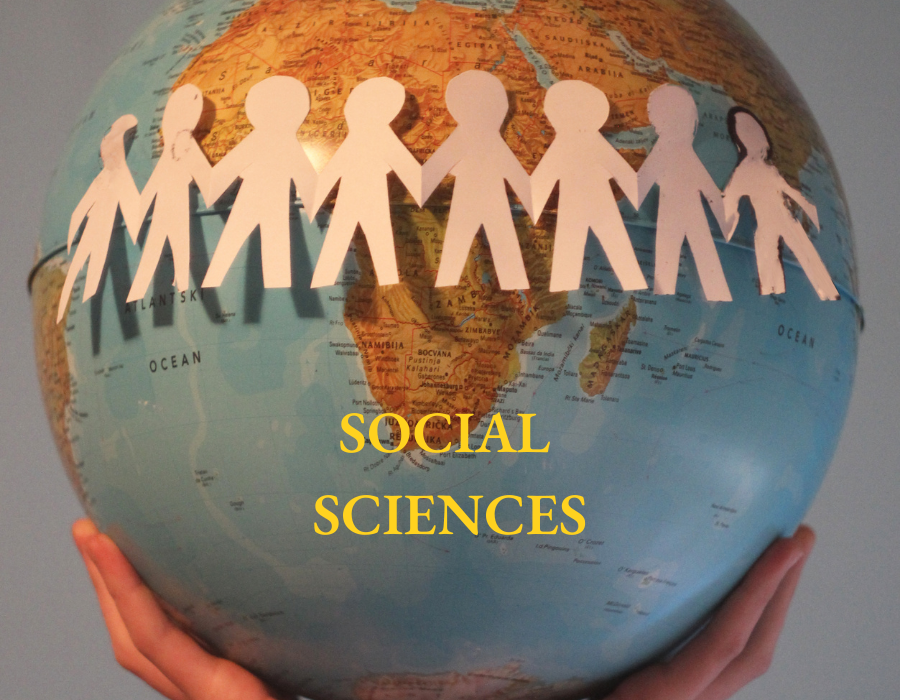Research Ambassadors
Meet Your Research Ambassadors
Are you looking for a peer to ask questions about undergraduate research? Look no further!
Research ambassadors are experienced undergraduate researchers who have volunteered their time to help you navigate the research process through peer mentorship.
Click on one of the disciplines below to find a research ambassador with similar research interests. Feel free to reach out directly to any of our research ambassadors via their email addresses on their individual profiles.
Here are some examples of the types of questions research ambassadors are asked:
- How did you get started?
- How do you ask a professor if you can be a part of their research group?
- How do you balance your research with your coursework and extracurriculars?
- Could I tour your lab or shadow you for a day to see what it’s like?
- What conferences have you presented your research at? How did you know it was the right conference to apply to?

Engineering & Math
Browse for engineering and math research ambassadors.

Humanities
Browse for humanities research ambassadors.

Life Sciences
Browse for life science research ambassadors.

Physical Sciences
Browse for physical science research ambassadors.

Social Sciences
Browse for social science research ambassadors.
